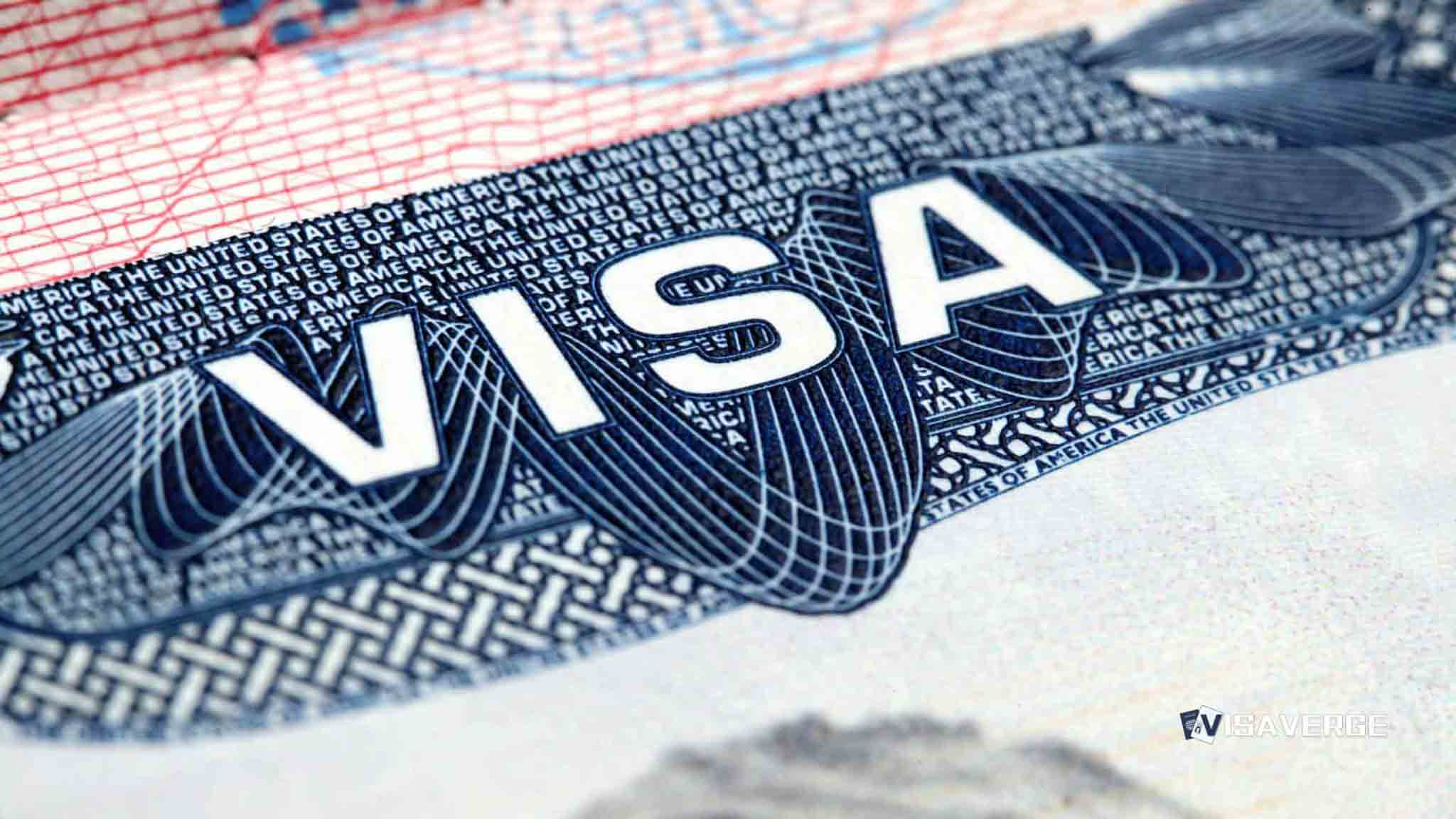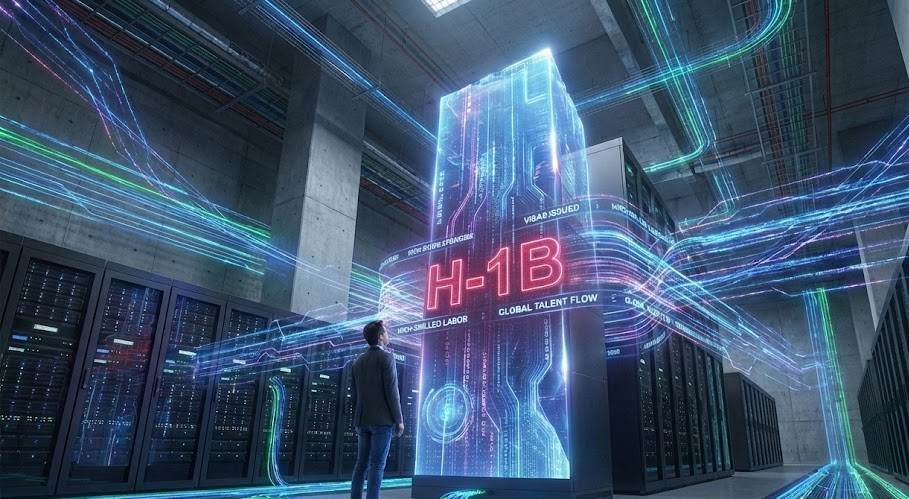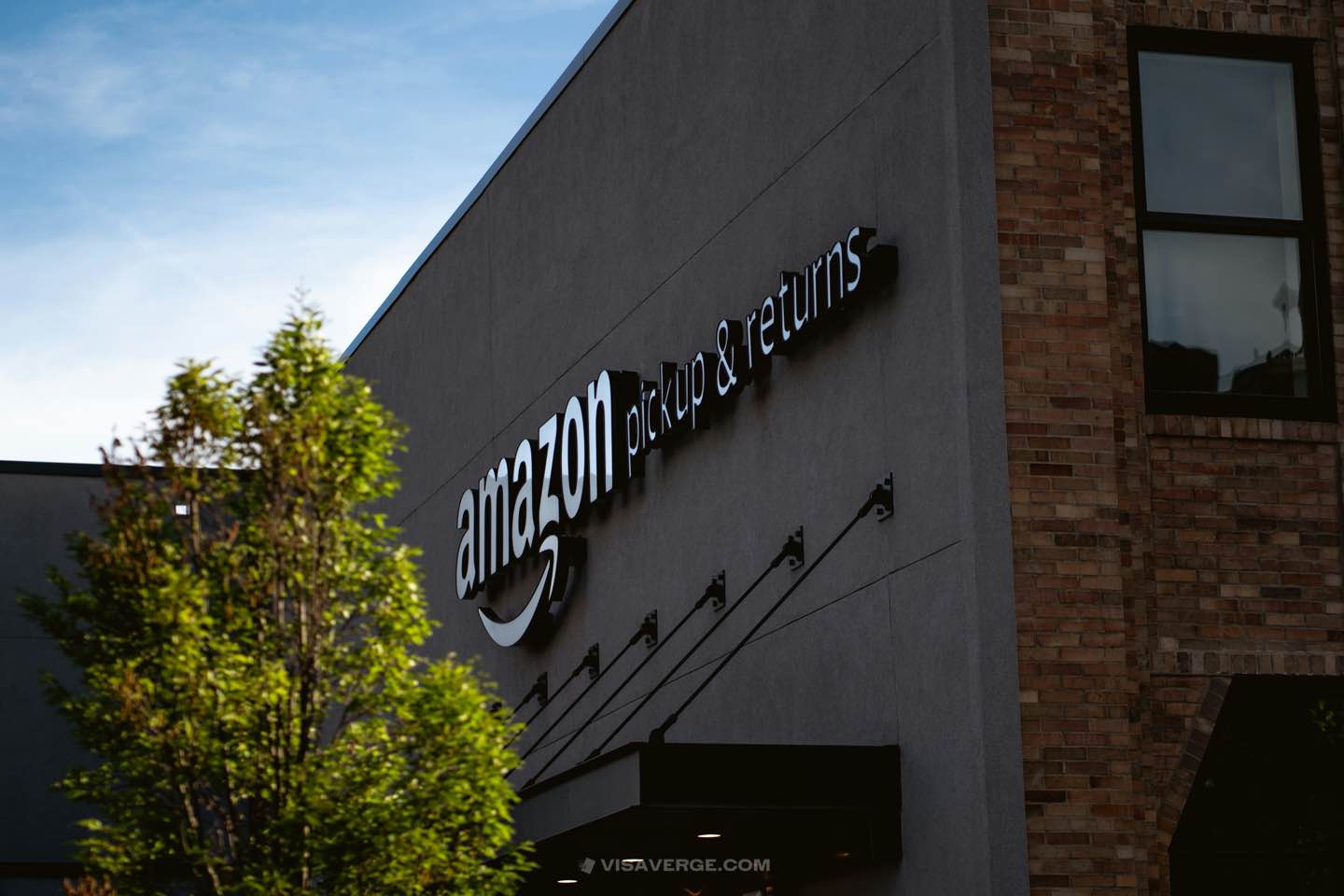Proposed Changes to the H-1B Visa Program: An Overview for Indian Professionals
The United States has been a destination for skilled professionals worldwide, and Indian nationals working in the US have significantly benefitted from the H-1B visa program. However, the landscape of this program is set to evolve with the recent announcement from the Department of Homeland Security (DHS) and US Citizenship and Immigration Services (USCIS). These agencies have proposed new rules aimed at modernizing the program, which could have a substantial impact on thousands of Indian nationals.

Streamlining H-1B Eligibility and Improving Program Integrity
A notice of proposed rulemaking (NPRM) was published on Friday, intending to streamline eligibility requirements for H-1B visas and enhance the program’s overall efficiency. The proposed changes are designed to provide greater benefits and flexibility for employers and workers while introducing stronger integrity measures to combat misuse and fraud.
One of the key reforms is the adjustment of the H-1B registration selection process. USCIS is tackling an issue where multiple registrations for the same individual could skew the selection odds. Under the new system:
- Each individual will be entered into the lottery process once, regardless of multiple registrations.
- This approach ensures that every legitimate registration has a fair chance of being picked.
- Selected registrants can file an H-1B petition, potentially offering beneficiaries more options between legitimate job offers.
Emily Neumann, an attorney at Reddy & Neumann, expressed optimism about these changes:
“Allowing each registrant only one entry… serves to put everyone on an even playing field,” she stated, highlighting the potential for fairer treatment across all applicants.
Neumann also pointed out the benefits of extending cap gap relief for F-1 students on Optional Practical Training (OPT), as this would preserve their employment authorization while waiting for H-1B approval.
Challenges Ahead: Increased Scrutiny for Third-Party Companies
Firms involved in third-party placements, common in the consulting or staffing sectors, face increased hurdles. USCIS looks to reintegrate stricter requirements that had previously been relaxed, including:
- Mandatory submission of contracts, work orders, vendor letters, and end-client letters.
- Shifting the voluntary site visit program to a mandatory one for employers and H-1B workers.
Neumann cautions that while these measures aim to reduce fraud, they could also impose challenges on genuine employment situations.
Positive Developments Amidst Additional Scrutiny
Despite potential challenges, the proposed changes bring some positive news, particularly for Indian nationals seeking to work in the US. Limiting each H-1B lottery registrant to a single entry, as Neumann remarked, creates a fairer process, and extending cap gap relief offers Indian students more stability.
However, some amendments, like the increased documentation requirements and mandatory site visits, may introduce new obstacles. Neumann acknowledges:
“These will create challenges and additional scrutiny… These changes aim to prevent fraud but could also impact legitimate employment.”
Clarifying Criteria for Specialty Occupations
The proposed rule also seeks to streamline the definition of specialty occupations, clarifying the relationship between degree requirements and job duties. Other notable proposals include:
- Ensuring adjudicators generally defer to previous determinations when re-filing without any change in underlying facts.
- Expanding certain exemptions from the H-1B cap for non-profit and governmental research organizations.
These inclusions aim to reduce confusion and improve the efficiency of the H-1B visa program.
Policy Clarification Impacting L-1 Visa Petitions
In a related development, USCIS has provided policy guidance for the L-1 visa classification. Specifically, the agency clarified that sole proprietorships cannot file L-1 visa petitions for owners as there needs to be a legal distinction between the entity and its owner.
Manjunath Gokare, from Gokare Law Firm, explained the clarification for sole proprietorships, saying:
“USCIS is merely clarifying existing guidance… In the case of a sole-proprietorship, the owner and the beneficiary are one and the same…”
Public Comment Period and Final Thoughts
The 60-day public comment period for these new rules commences following their publication in the federal register, providing a platform for feedback. As these proposed changes evolve through the legislative process, Indian nationals seeking H-1B visas should stay informed and ready to navigate these alterations.
For those who wish to understand the proposed H-1B program changes in detail, visit the official USCIS website for additional information and updates.
And there you have it, folks! The proposed changes to the H-1B visa program are shaking things up in the world of Indian professionals in the US. From streamlining eligibility to battling fraud, these updates bring both positives and challenges. So, if you’re itching for more details and insights on this topic, head over to visaverge.com for a deeper dive. Happy exploring, my curious friends!
This Article in a Nutshell:
The H-1B visa program is set for significant changes, impacting Indian professionals. The proposed reforms aim to modernize the program, streamline eligibility, increase integrity measures, and provide more options for beneficiaries. However, third-party placements may face challenges. While the changes aim to prevent fraud, they could also affect legitimate employment. The public comment period allows for feedback and understanding of the alterations. Stay informed through the official USCIS website.








